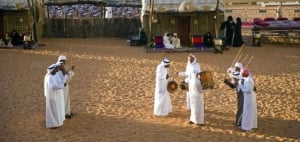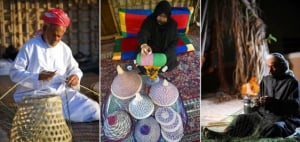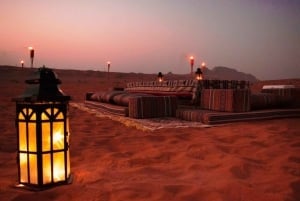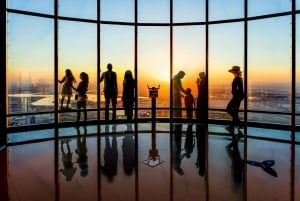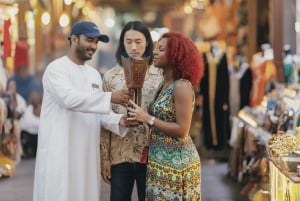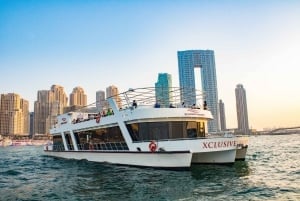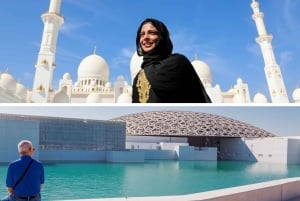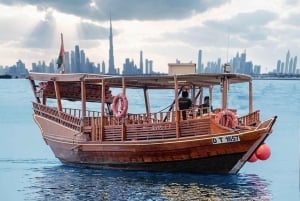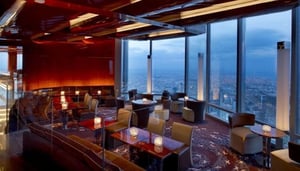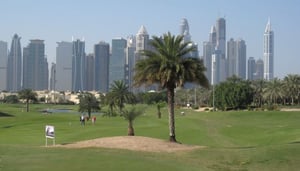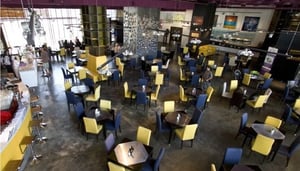History & Culture
History
The United Arab Emirates (UAE), 'Al Emarat Al Arabiyah Al Mutahidah' in Arabic, was established on 2 December, 1971 and is a federation of the seven emirates: Abu Dhabi, Ajman, Dubai, Fujairah, Ras Al Khaimah, Sharjah and Umm Al Quwain.
From the 1850s until the union of the emirates in 1977, the British Colonial Administration maintained influence in the region, and each emirate entered into separate treaties with Britain. The emirates were then collectively known as the Trucial States or Sheikhdoms.
Each emirate was led by a sheikh who belonged to a particular tribe which was usually the most influential tribe in the area. The tribe often branched into several smaller clans, and each also had its own leaders who would work closely with the sheikhs on political matters and clan related matters.
The growth of Dubai began in the early part of the nineteenth century when members of the Bani Yas tribe led by Sheikh Maktoum Bin Butti left Abu Dhabi and migrated north to establish an independent Sheikhdom in the area now known as Dubai. When a maritime agreement was later signed with the British, this area became known as the Trucial Coast.
By the early part of the 20th century, Dubai came to be known as the principal port on the Trucial Coast and established itself as the main centre for trade. Dubai attracted traders from India, Europe and neighbouring Arab countries, and the city was quickly established as a leading centre for trade in gold and pearls. The British remained in the area mainly to protect the merchant vessels until 1968.
Following Britain’s withdrawal, steps were taken by the late Sheikh Zayed bin Sultan Al Nahyan of Abu Dhabi and the late Sheikh Rashid bin Saeed Al Maktoum of Dubai to bring the individual Sheikhdoms together into a single federation. This resulted in the formation of the United Arab Emirates in 1971.
Culture
Despite the development and progress of Dubai during the last 30 years into one of the most urbanised and modern cities in the world, the local population remains firmly conscious of their heritage, legacy and culture. The late President of the UAE, Sheikh Zayed bin Sultan Al Nahyan once famously said, 'A country that knows not its past has neither present nor future' and that phrase adequately describes the Emirates of today.
Islam is ever present in the UAE and is encapsulated in its foundations. Dubai Municipality has vowed to ensure that no one in the emirate is more than 500 meters away from a mosque, and the call to prayer (or athaan) reaches out five times a day.
People of the UAE are extremely proud of their heritage. The traditional Arabic family values are encompassed in respect, hospitality, religious tolerance and pride. Ancestral customs remain strongly rooted among local people and in all spheres of Emirati society.


